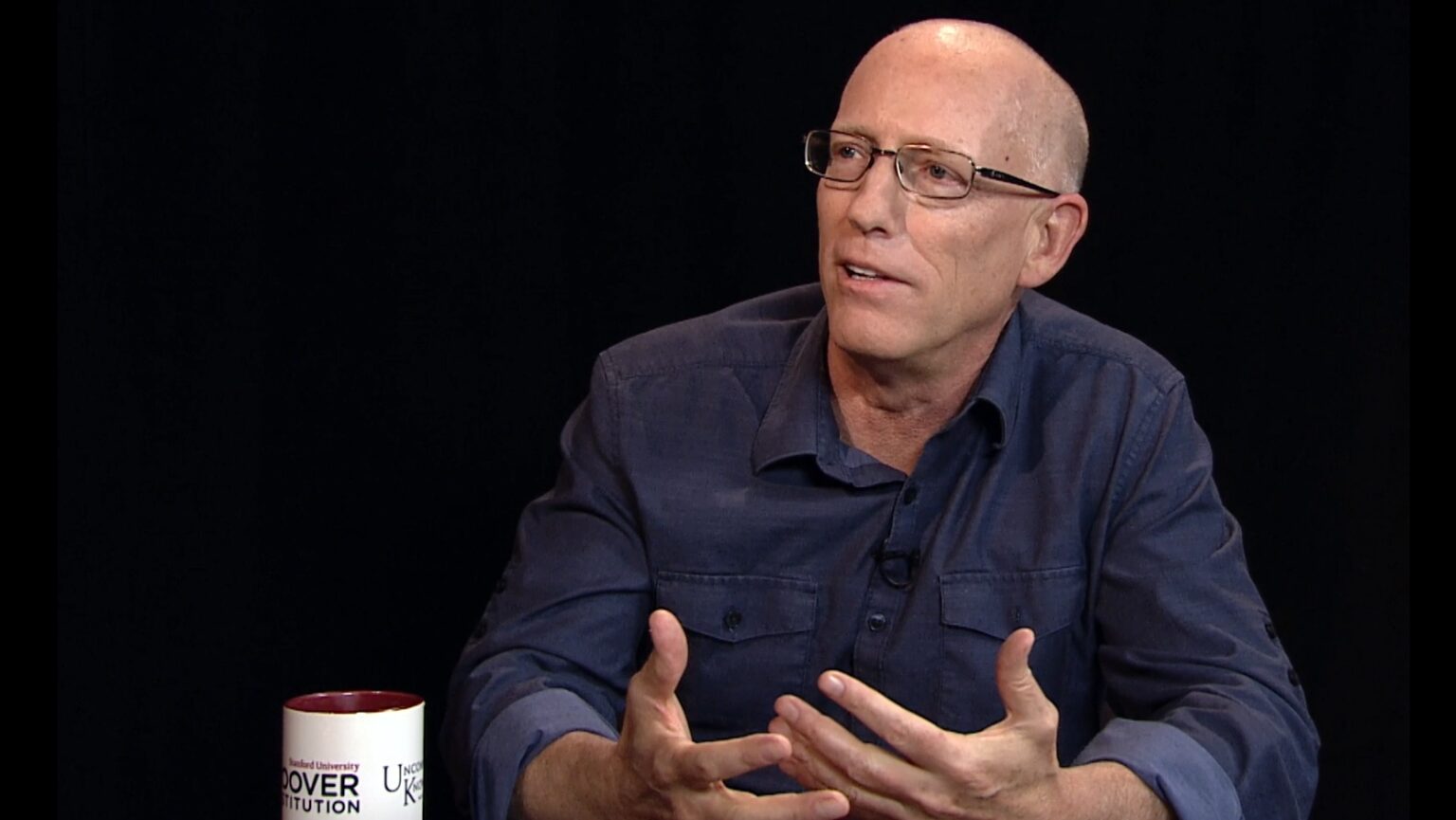
American cartoonist Scott Adams, best known for creating the Dilbert comic strip, passed away at age 68 after a long battle with cancer. He was one of the few major figures in entertainment who supported Donald Trump in the 2016 US presidential election. His ex-wife shared his last public statements, in which he wrote that he accepts Jesus Christ as his Lord and Saviour.

Martial artist Luana Márton and swimmer Hubert Kós were named Hungary’s Athletes of the Year at the Nemzeti Sport gala in Budapest. Márton won world championship gold in taekwondo in Wuxi, while Kós defended his men’s title with another victory in the 200-metre backstroke at the World Aquatics World Championships, this time in Singapore.

To mark 50 years since Agatha Christie’s death, BBC News has published a rare 1955 radio interview in which the famously private crime writer reflects on her childhood, writing habits, and the surprisingly simple routines behind her enduring mysteries.
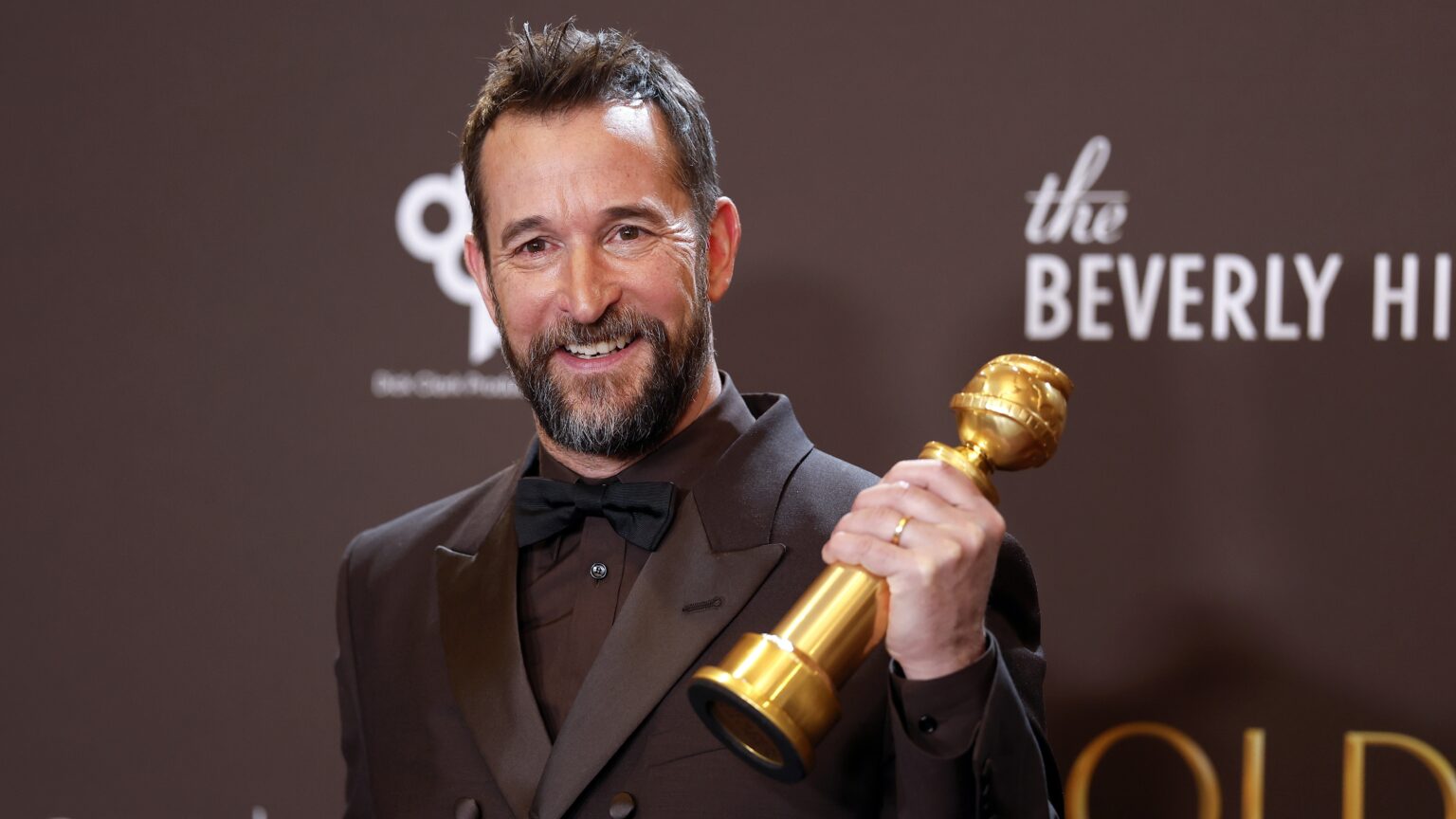
The 83rd Golden Globe Awards in Beverly Hills crowned a Leonardo DiCaprio-backed black comedy and the drama Hamnet as top films of the night, while The Pitt and The Studio led the television categories, setting the tone for the Oscar race ahead.
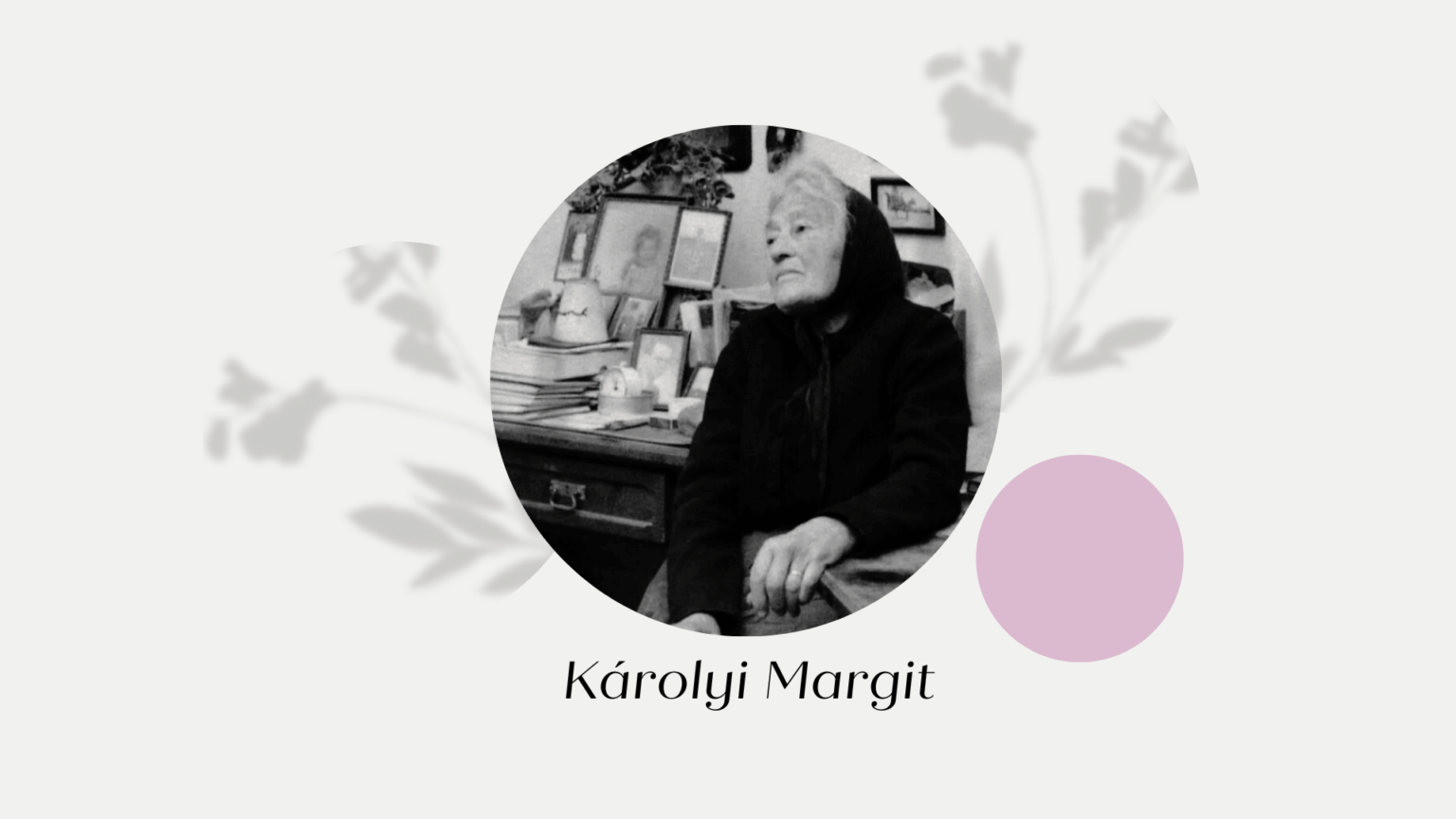
‘My grandmother was not a revolutionary; she was a lady of grace, but she treated everyone equally,’ Péter Esterházy wrote about his grandmother. A countess who lost her home, her two sons died, and her husband and daughter fled abroad—Mrs Margit Károlyi Esterházy lived in a monastic cell next to the family castle during the last years of her life.

‘It may come as a surprise, but the number of printed books is still growing today; there is a demand for them. Jorge Luis Borges writes that when he received the Brockhaus Encyclopedia as a gift, he was already blind, but he enjoyed feeling the volumes, having them there beside him. Books are meant to be felt, not just read.’

Budapest has placed its 26th new CAF tram into passenger service after successful test runs and official approval. The modern, low-floor vehicle will mainly operate on tram line 3, further improving comfort and accessibility in the capital.

Two cute polar bear cubs were caught on camera enjoying their first snow at the Sóstó Zoo in Nyíregyháza, Hungary. A brief clip of the two of them playing has received over 109,000 likes on X within a day.

From 1 January 2026, the works of Albert Einstein, Thomas Mann and hundreds of other authors and artists can be freely used, as copyright protection expires 70 years after the creator’s death, Hungary’s Intellectual Property Office said.

Béla Tarr, one of the most influential figures in Hungarian and international cinema, has died at the age of 70 after a long illness. Renowned for films such as Sátántangó and Werckmeister Harmonies, his work reshaped modern film language.

A new film about a young, ambitious woman suddenly becoming the governor of a state just to be pushed out by the evil scheme of her husband, Ella McCay, grossed just $4.5 million in the box office against a $35 million budget. This prompted Disney to cancel its international premiere in France due to a lack of interest.

The US Embassy in Budapest has commemorated the 48th anniversary of the return of the Holy Crown of King St Stephen, calling the 1978 transfer an important milestone in American–Hungarian relations. The gesture highlighted a moment when diplomacy, history and symbolism intersected at the height of the Cold War.

More than 33 million pilgrims travelled to Rome during the Jubilee Holy Year, exceeding all expectations, as the Vatican prepares to close the Holy Door of St Peter’s Basilica, marking the end of a year dedicated to hope and renewal.

The song thrush has been named Hungary’s Bird of the Year for 2026 following an online public vote organized by the Hungarian Ornithological and Nature Conservation Society, highlighting the species’ beauty, ecology and conservation challenges.

Ferencváros striker Barnabás Varga, who has scored five goals in five games in Hungary’s FIFA World Cup qualification campaign and four goals in six games for his club in the UEFA Europa League this season, is set to sign with 13-time Greek champions and current league leaders AEK Athens. Media reports claim AEK will pay Ferencváros €4.5 million for his transfer.

Hungary is launching a new phase of its family-focused tax policy from 1 January, expanding tax allowances, widening income tax exemptions for mothers and raising several family-related benefits.

‘Though several borders separate the modern states of Hungary and Lithuania, Hungarian readers will find some common history…’
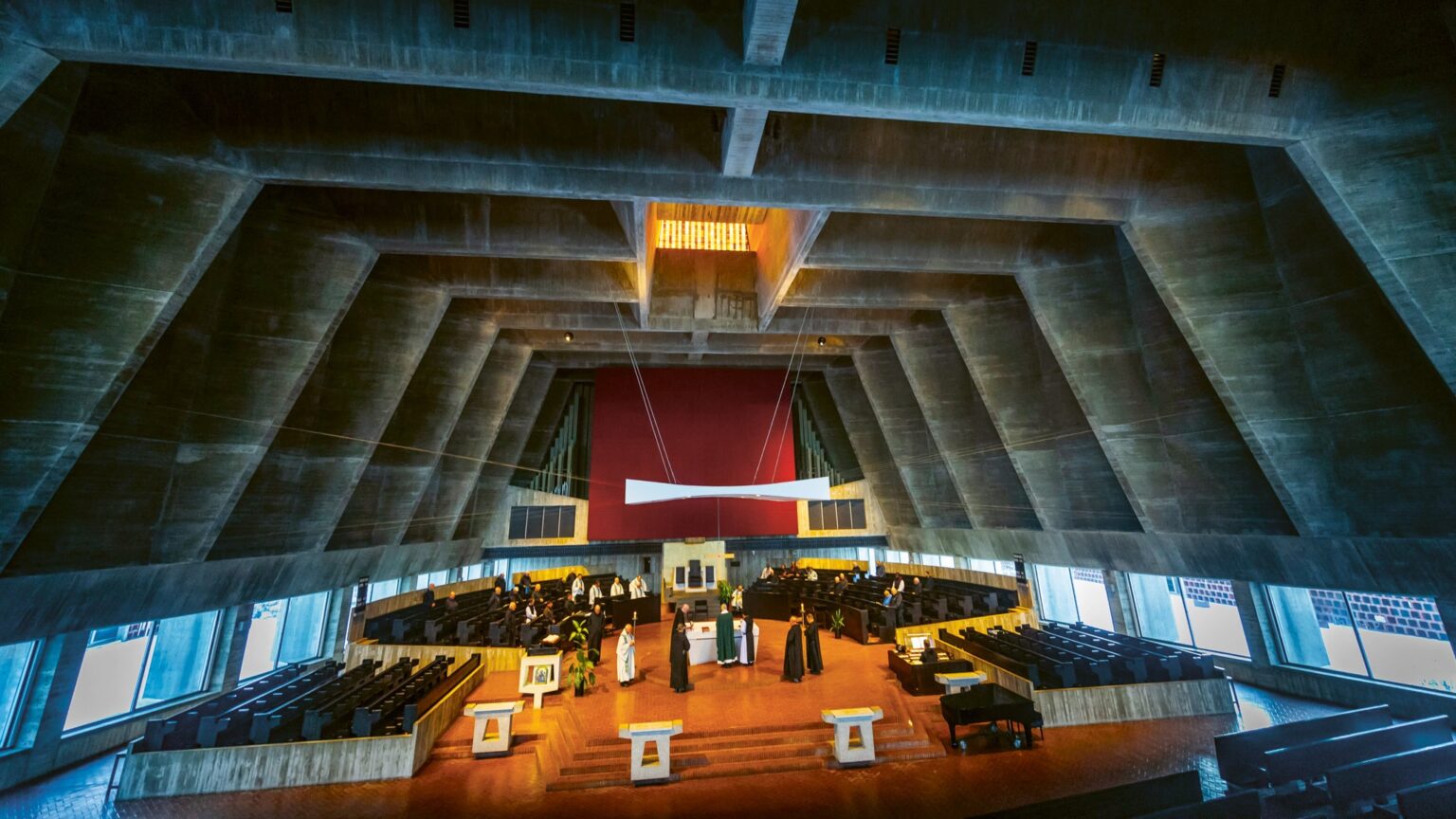
In February, Adrien Brody took home the Oscar for Best Actor for his portrayal of a Hungarian architect, László Tóth, rebuilding his life in the United States after the Holocaust. However, audiences left cinemas yearning to know more about this great Hungarian American, only to be disappointed to discover that he does not exist…
‘The claim is as follows: conservatives are indeed stupid and lack intellectual curiosity, and the progressives, be they liberals or socialists…have the intellectual firepower on their side.’
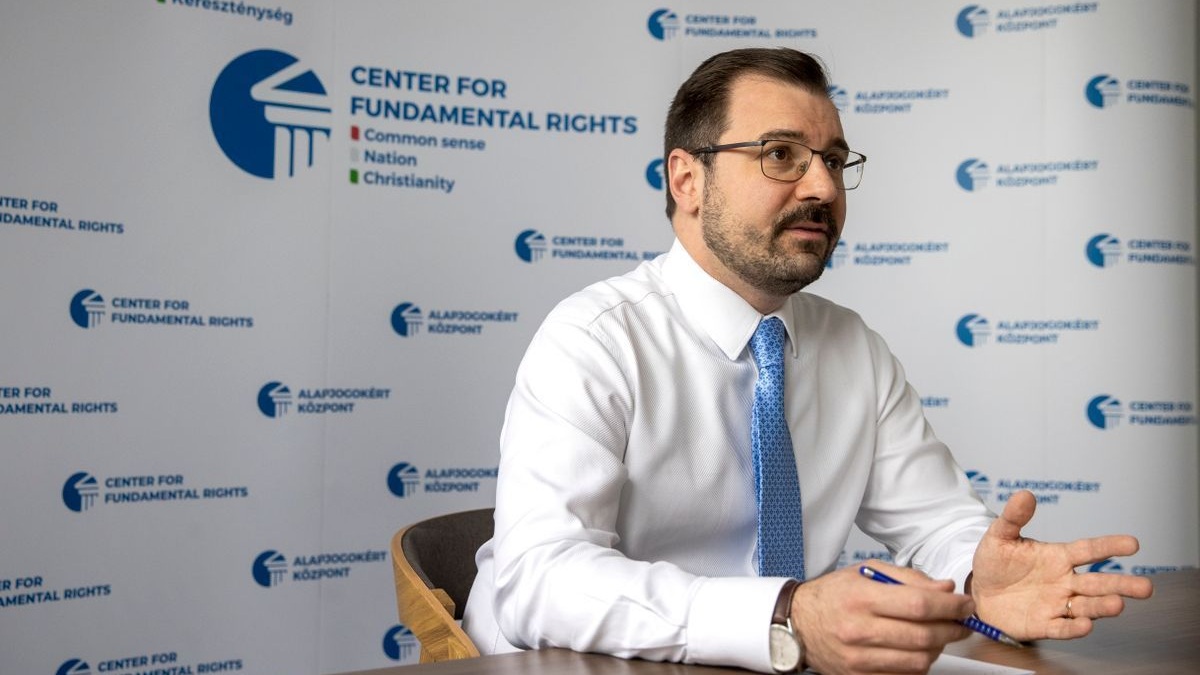
Director General of the Center for Fundamental Rights Miklós Szánthó warned that Hungary’s Tisza Party is preparing austerity measures ‘Generation Z has only read about in history books,’ including tax hikes and privatization plans. He also argued that Europe is escalating the conflict in Ukraine while the rest of the world is seeking peace.

‘Progressive reformers often attack inherited institutions without understanding their purpose. They see a custom, find no use, and abolish it.’
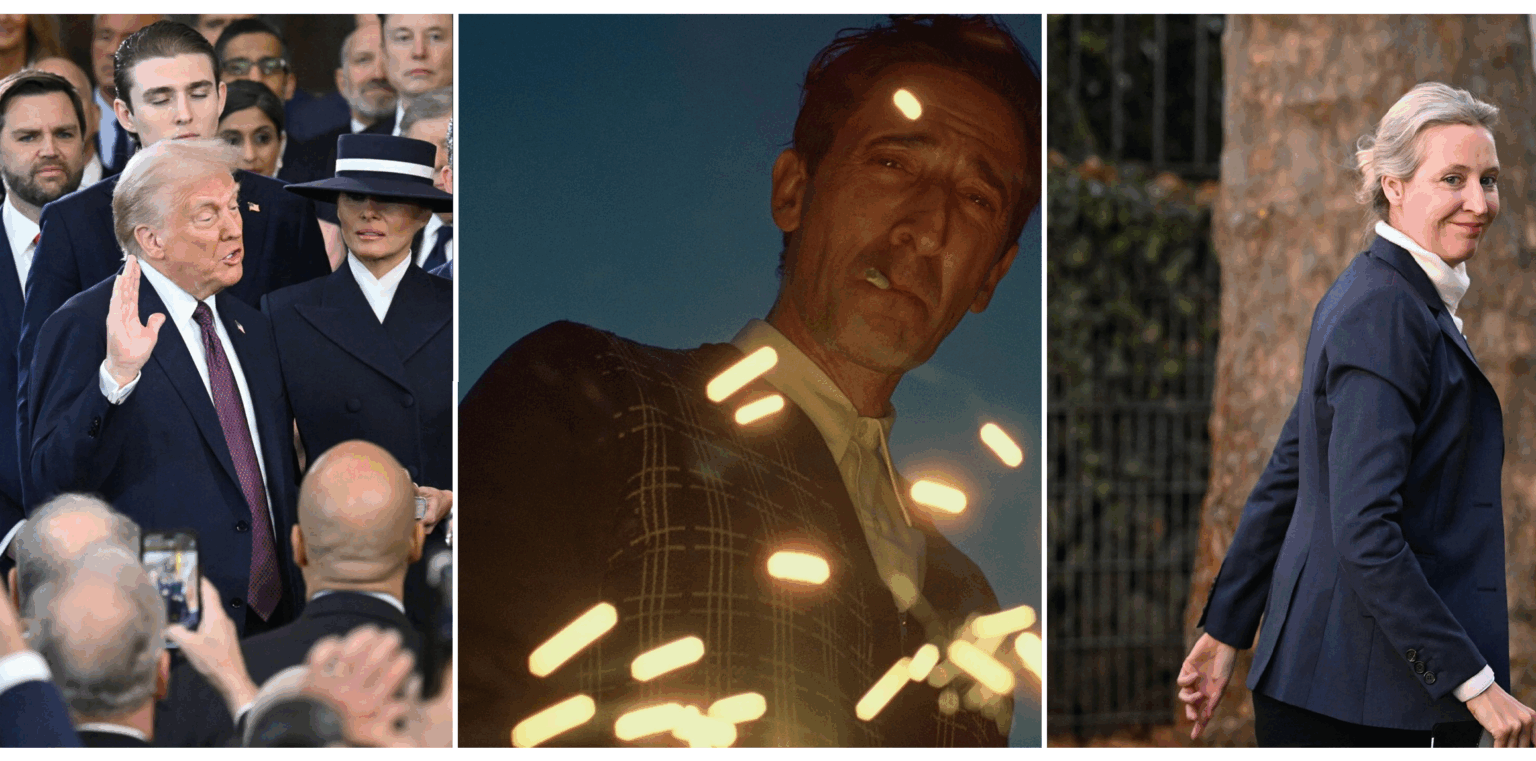
The old year has just passed, so, in an effort to reflect on all that happened in the eventful year of 2025, here are the stories that you, our readers, have found the most compelling based on the amount of traffic they received. We hope you enjoy our compilation, and Happy New Year to everyone!

As Britain slides further into Labour-led authoritarianism, free speech is rapidly fading away—unless protestors are shouting about Palestine.

‘Winter hiking is in a category of its own. Not only because mountain lovers should only embark on it if they are well prepared, but also because—especially in snowy periods—we enter an almost mystical wonderland.’
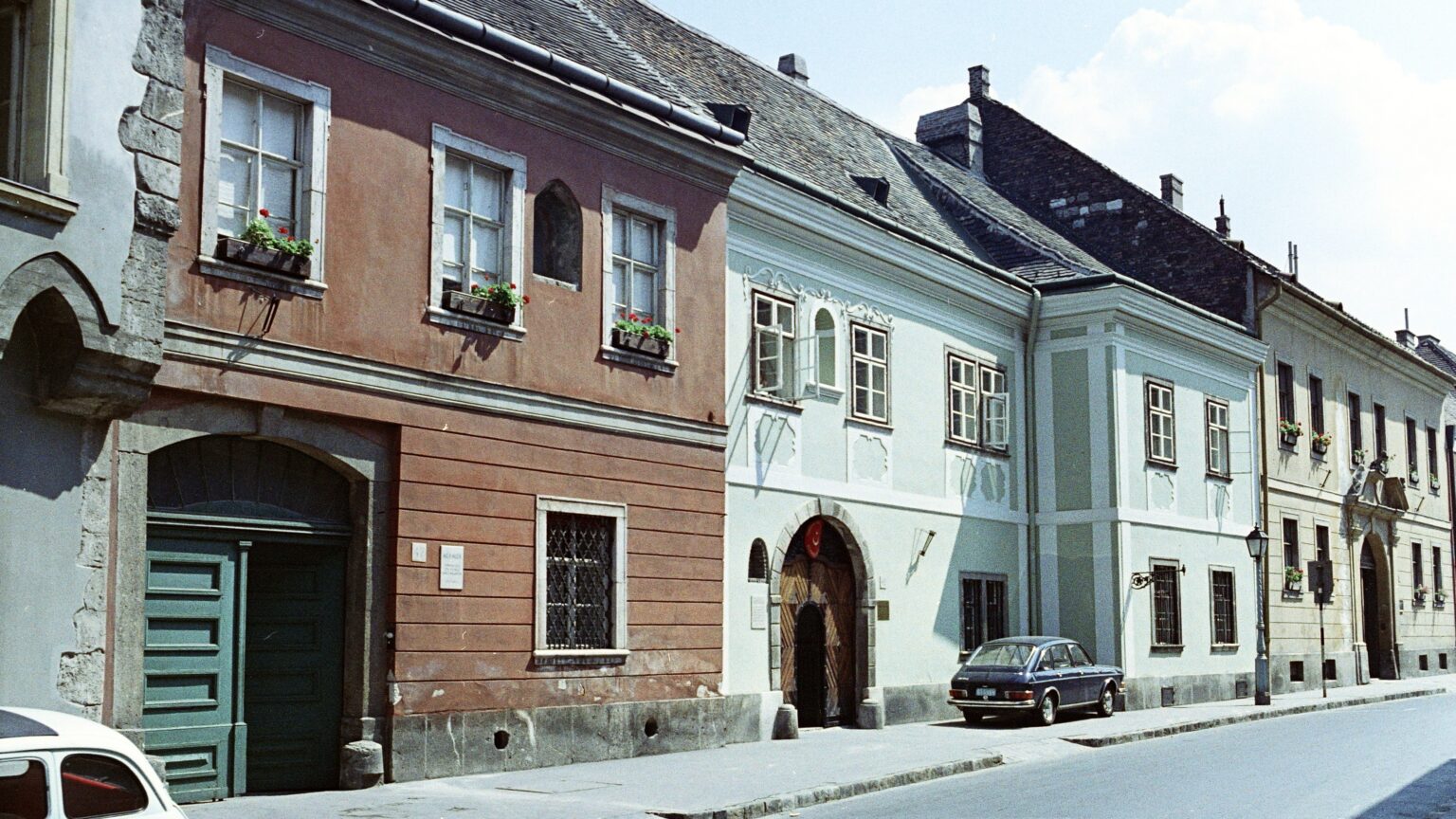
‘From 1974 to the late 1980s, Hungary’s state security closely monitored the Turkish embassy at 45 Úri Street in the Buda Castle, keeping tabs on diplomats, their residences, and even personal correspondence. Newly examined documents reveal how counterintelligence observed NATO diplomats, highlighting both the meticulous methods of the secret services and the routine nature of embassy life.’

‘It isn’t easy to find proper intellectual work here. We talked with the Hungarian ambassador about work possibilities, and it came up that there were more and more Hungarian children in Tokyo, so perhaps I could try founding a Hungarian weekend school—there might be interest.’

Author Adam LeBor gives the Hungarian Conservative his list of must-read thrillers for this holiday season.

For generations, Christmas was not only a time of celebration but also of prediction. Folk traditions held that the weather during the holiday period revealed clues about the coming year’s harvest, summer conditions and overall prosperity.

‘The drinking of wine for social reasons is undeniably a trait of Jesus Christ Himself, as evident when at the Wedding at Cana…’

In his first Christmas address, Pope Leo XIV expressed his hope that the parties in the Russo–Ukrainian war would ‘find the courage’ to start engaging in direct and sincere peace negotiations; and reminded all that while peace comes from the Lord, everyone should take on their own share of responsibility in creating it.